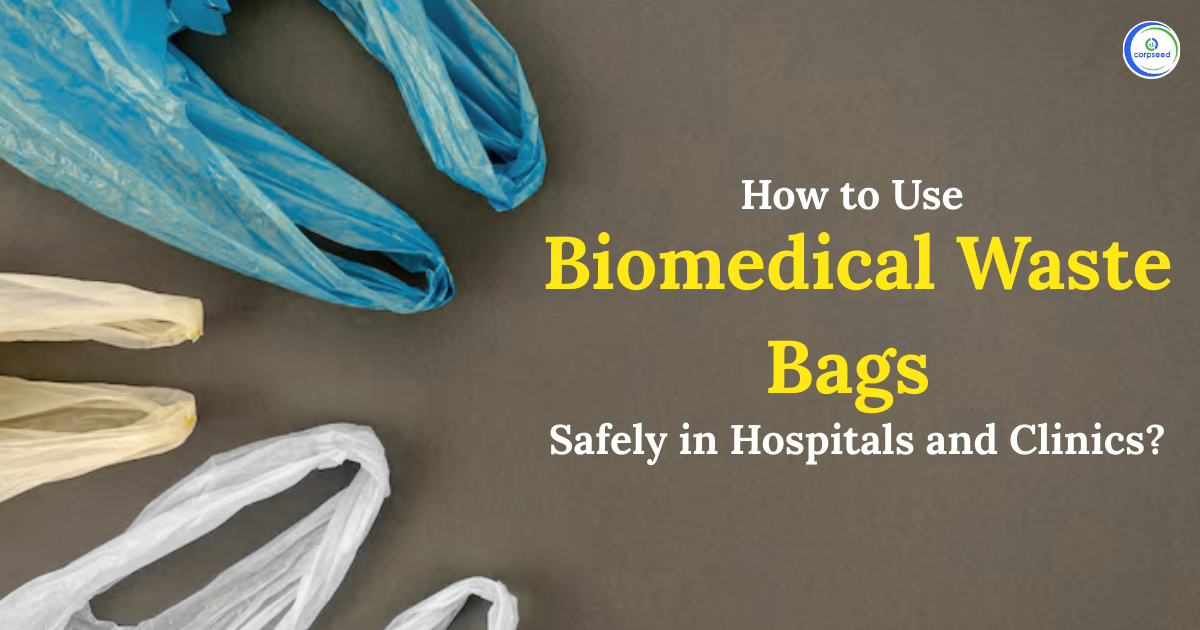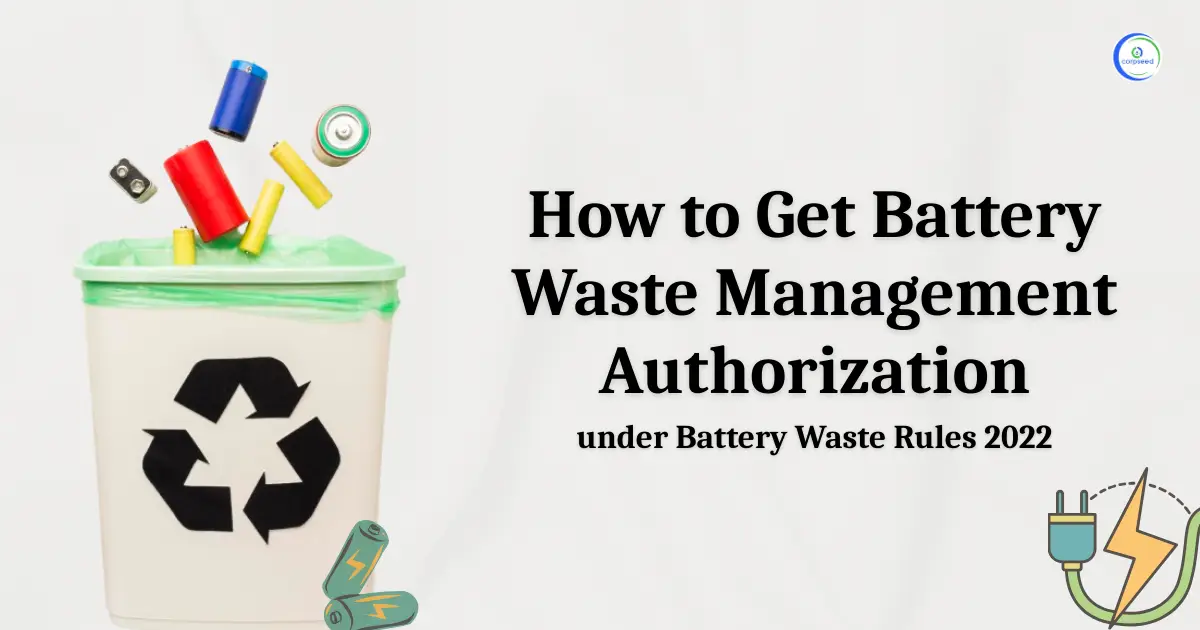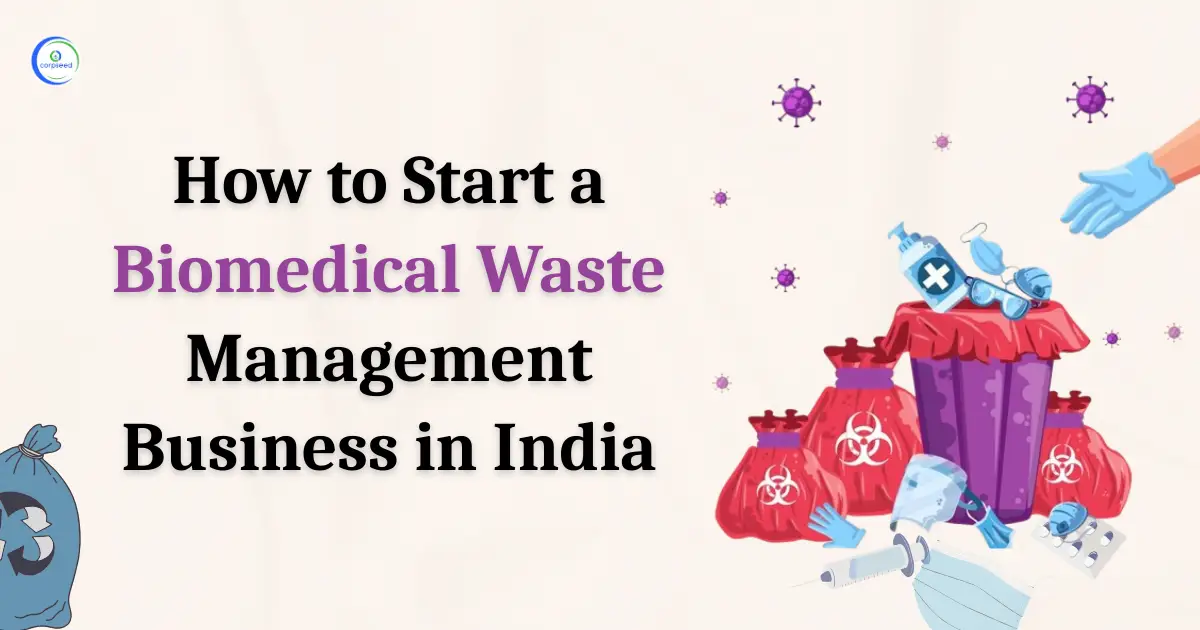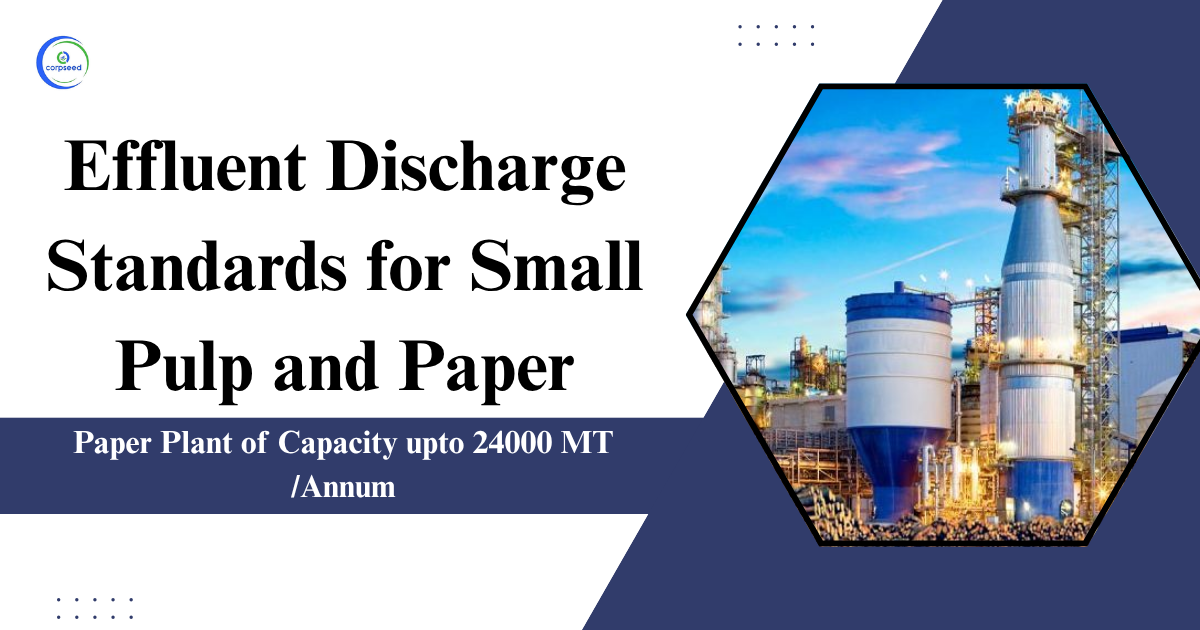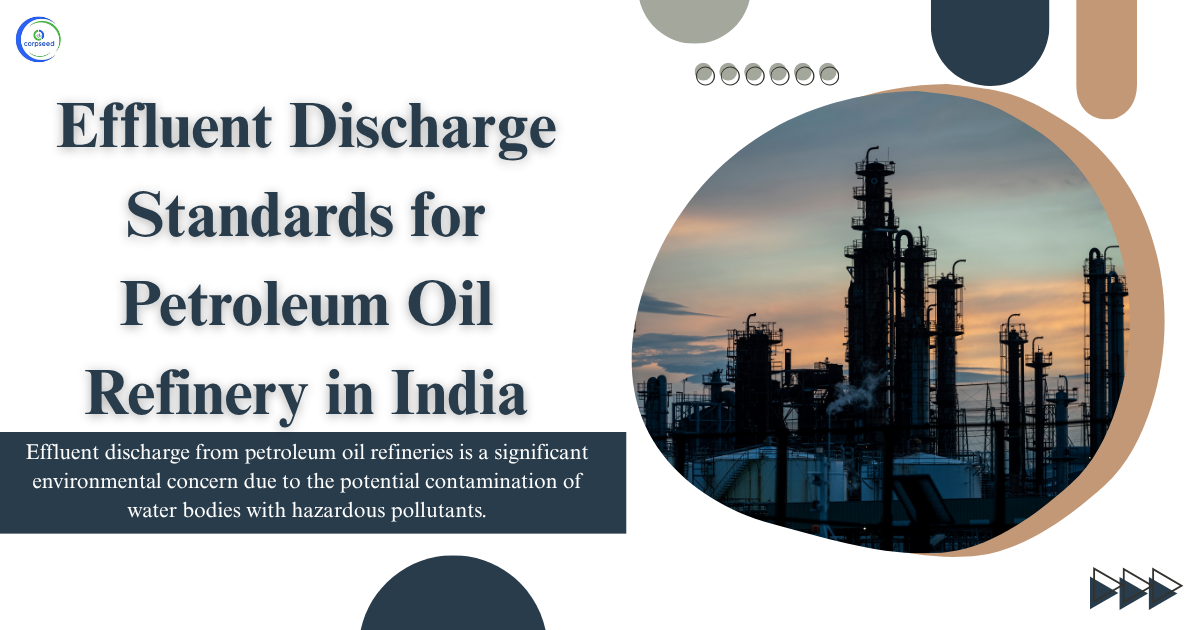India has witnessed a rapid increase in the use of plastics during the last two decades, driven by increasing industrialization, urbanization and consumerism. Although plastic is versatile and low-cost, it can also become a serious environmental hazard due to insufficient recycling and poor waste management practices. Recognizing this challenge, the Ministry of Environment, Forest and Climate Change has issued a draft notification for the Plastic Waste Management (Second Amendment) Rules, 2025, to strengthen existing regulations.
Table of Contents
Objective of the 2025 Amendment
The original Plastic Waste Management Rules, 2016 provided a legal framework for managing plastic waste in an environmentally responsible manner. However, gaps in implementation, increasing market dynamics, and the growing significance of extended producer responsibility (EPR) have given rise to the requirement for revision.
The 2025 amendment targets to promote the obligatory use of recycled plastic in packaging
- Strengthen reuse obligations for rigid plastic packaging.
- Establish a transparent and effective compliance procedure through a centralized online portal.
- Provide exemptions only in case of valid legal or technical constraints.
--------------Blog Contact Form-------------
Key Features of the Plastic Waste Management (Second Amendment) Rules, 2025
The amendment introduces clear obligations on producers, importers and brand owners to include recycled plastic and reusable packaging. The changes aim to promote sustainable plastic waste recycling and ensure responsibility.
- Mandatory Use of Recycled Plastic: Producers and importers should use specific minimum percentage of recycled plastic in packaging, gradually increasing after 2025-26.
- Reuse of Rigid Plastic Packaging: Brand owners need to meet rigid plastic packaging to minimize single-use plastics.
- Centralized Compliance Portal: The Central Pollution Control Board (CPCB) will manage an online portal to keep responsible and aware of certificate trading to ensure transparency.
- Exemptions for Statutory or Technical Reasons: Similarly, where the use of recycled material is prohibited by law or technical feasibility, CPCB may grant exemption on a case-by-case basis.
Mandatory use of recycled plastic in plastic packaging
(% of plastic manufactured for the year)
| Plastic packaging category | 2025-26 | 2026-27 | 2027-28 | 2028-29 and onwards |
| Category I | 30 | 40 | 50 | 60 |
| Category II | 10 | 10 | 20 | 20 |
| Category III | 5 | 5 | 10 | 10 |
Note:
- Statutory requirement would mean the case where use of recycled content is not allowed by any other law in force.
- Technical requirement would mean the case where use of recycled content renders the packaged material unfit for intended use.
Minimum obligation to reuse for Category I (rigid plastic packaging)
| Sr. No. | Year | Target (as percentage of Category I rigid plastic packaging in product sold annually) |
| A | Category I rigid plastic packaging with volume or weight equal or more than 0.9 litre or kg but less than 4.9 litres or kg, as the case may be | |
| 1. | 2025 – 26 | 10 |
| 2. | 2026 – 27 | 15 |
| 3. | 2027-28 | 20 |
| 4. | 2028-29 and onwards | 25 |
| B | Category I rigid plastic packaging with volume of weight equal or more than 4.9 litres or kg used for packaging of drinking water. | |
| 1. | 2025 – 26 | 70 |
| 2. | 2026 – 27 | 75 |
| 3. | 2027-28 | 80 |
| 4. | 2028-29 and onwards | 85 |
| C | Category I rigid plastic packaging with volume of weight equal or more than 4.9 litres or kg used for packaging of products other than drinking water. | |
| 1. | 2025 – 26 | 10 |
| 2. | 2026– 27 | 10 |
| 3. | 2027-28 | 15 |
| 4. | 2028-29 and onwards | 15 |
Also Read: How can Plastic Waste Management be a Profitable Business
Benefits of the Amendment
This amendment not only fortifies environmental compliance but also promotes economic growth and sustainability in the plastics recycling sector.
- Promotes Circular Economy: By making the use and reuse of recycled plastics mandatory, the amendment encourages a closed-loop system minimizing reliance on virgin plastics promoting circular economy.
- Environmental Protection: Improved recycling efforts help minimize the build-up of plastic waste in landfills and natural habitats, reducing pollution.
- Boosts Plastic Recycling Industry: Increased demand for recycled plastic creates investment, plant setup, and jobs in the recycling sector.
- Ensures Accountability: The centralized portal empowers transparent tracking and certificate trading, holding producers and importers accountable for their plastic footprint.
- Flexible Compliance Mechanism: Provisions for exemptions and carry-forward of targets permit adaptation without compromising environmental goals.
Conclusion
The Plastic Waste Management (Second Amendment) Rules, 2025, indicates a major shift towards a circular and sustainable plastics economy in India. With defined targets for the use of recycled plastic, strong reuse obligations, and a digitally compliant ecosystem, the laws offer both environmental and business value.
For industries, it’s time to reconfigure packaging strategies, strengthen supply chain collaboration and invest in recycling. For businesses, this is an opportunity to set up a viable plastics recycling project that aligns with national policy and global sustainability goals.
This portion of the site is for informational purposes only. The content is not legal advice. The statements and opinions are the expression of author, not corpseed, and have not been evaluated by corpseed for accuracy, completeness, or changes in the law.
BOOK A FREE CONSULTATION
Get help from an experienced legal adviser. Schedule your consultation at a time that works for you and it's absolutely FREE.
_Rules,_2025_Corpseed.webp)

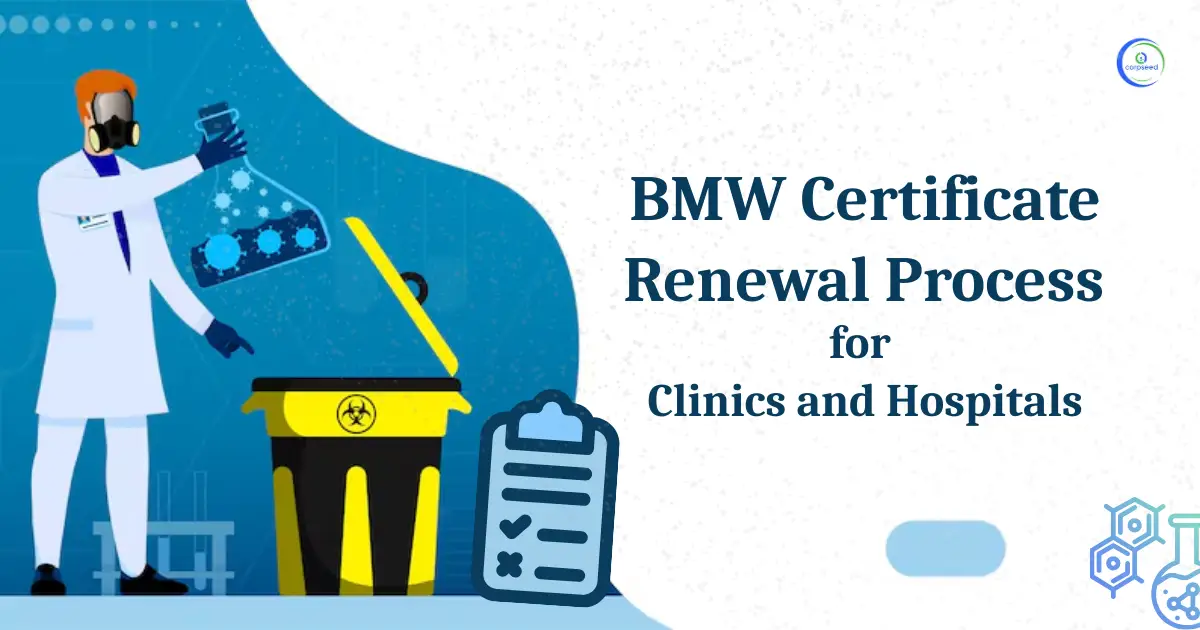
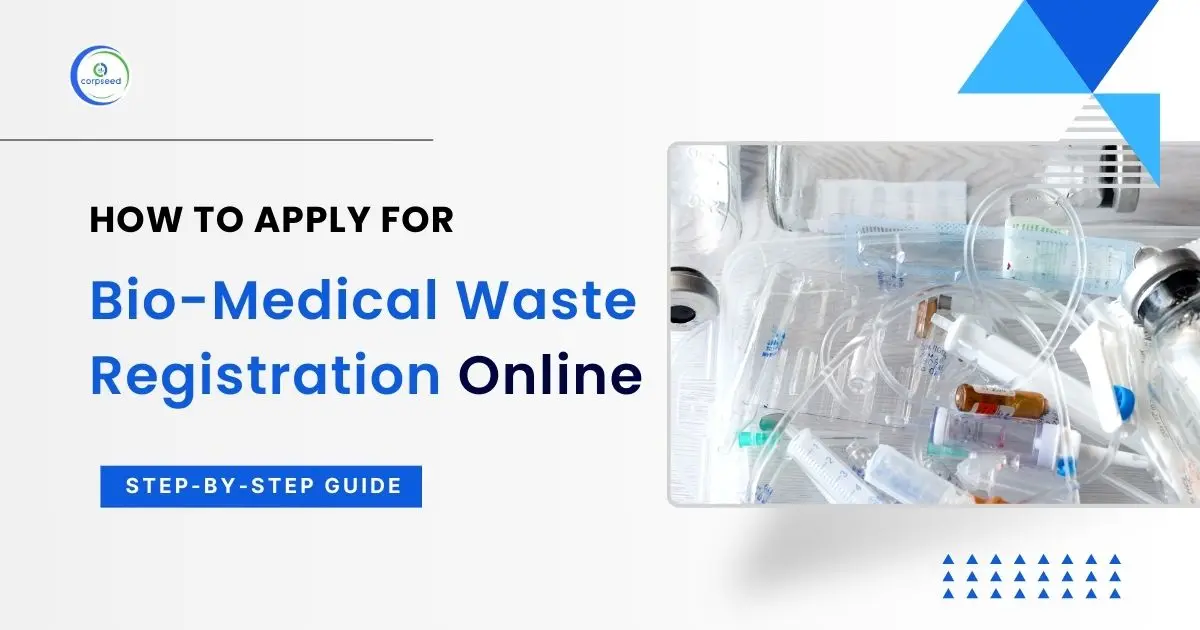
.webp)
